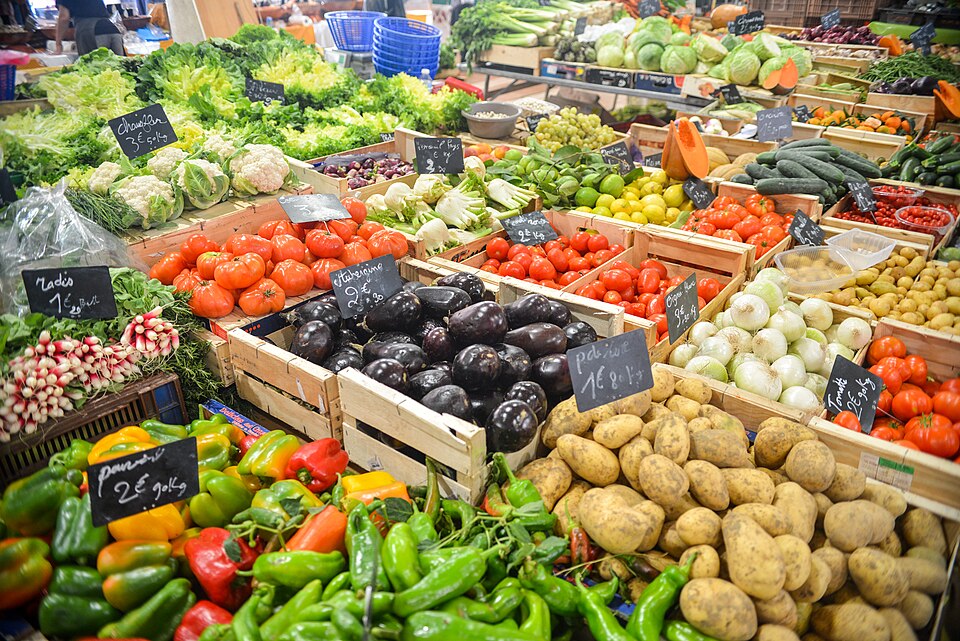
The UK government has announced a new initiative aimed at tackling obesity by encouraging supermarkets and food manufacturers in England to make healthier food options more
appealing and accessible to shoppers.
Under the new plans, food businesses will be asked to take voluntary steps to promote healthy eating. While the specific measures will be up to individual retailers, potential strategies include offering discounts on nutritious products, adjusting loyalty schemes to reward healthier choices, and rethinking store layouts to prioritise healthier items. Companies may also be encouraged to reformulate products to improve their nutritional content.
The initiative is part of a broader effort to ease pressure on the NHS and improve public health. Retailers will be expected to report on their sales of healthy food, with industry-agreed targets to ensure accountability.
Health Secretary Wes Streeting emphasised the importance of reducing rising demand on the NHS. "This government's ambition is to make today’s children the healthiest generation ever. That goal is within reach," he said.
The upcoming NHS 10-year plan, expected next week, will highlight troubling statistics, including that more than 20% of children are obese by the time they leave primary school—rising to nearly 33% in the most deprived areas.
Recent figures also show the cost barrier to healthy eating. According to the Food Foundation, 1,000 calories of healthy food like fruits and vegetables costs £8.80, while the same amount of calories from processed or ready-made foods costs just £4.30.
Andrew Opie of the British Retail Consortium welcomed the government’s approach, noting that collaboration across the entire food sector—not just supermarkets—is essential. “About a quarter of our calories come from food consumed outside the home, so restaurants and takeaways must be part of the solution,” he said.
The government's approach, which allows businesses flexibility in meeting the goals, was also supported by public health campaigners. Katharine Jenner of the Obesity Health Alliance praised the plan for focusing on systemic changes rather than putting pressure on individuals. "The government has rightly recognised that the food system itself makes healthy eating difficult," she said.
As part of the wider strategy, the government also plans to:
Offer incentives like shopping vouchers via a new app that rewards healthy eating and physical activity.
Double places on the NHS Digital Weight Management Programme for people with obesity-related conditions.
Tighten restrictions on alcohol advertising to align with existing rules for unhealthy food promotion.
The government cited research showing that even modest calorie reductions could have a major impact: cutting just 50 calories a day could prevent obesity in two million adults and 340,000 children. A daily reduction of 216 calories—the equivalent of one sugary drink—could halve the obesity rate.
This is not the first attempt to engage the food industry in voluntary reforms. Past programmes have aimed to reduce salt, sugar, and calories in processed foods, though results have been inconsistent. For example, the government’s goal to cut sugar by 20% between 2015 and 2020 fell significantly short.
Sarah Woolnough of The King's Fund welcomed the initiative but warned of its limitations. "Much of the unhealthy food we consume comes from local shops and takeaways. Without a broader, more comprehensive approach, this won’t be enough," she said. Photo by Tiia Monto, Wikimedia commons.




































